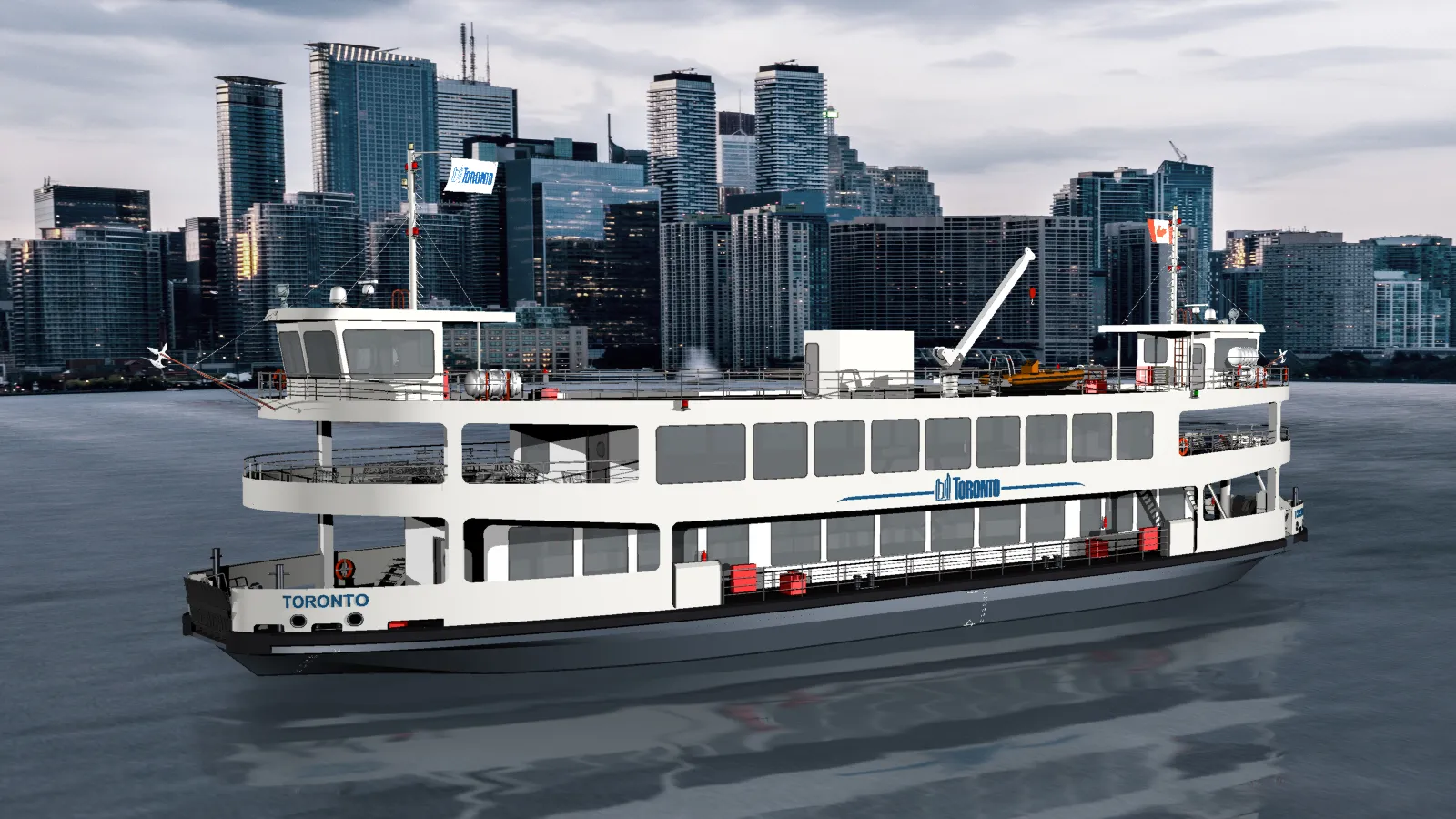Following the release of the UK Government’s final Air Quality Plan, in which it announced that it will ban all petrol and diesel vehicles (including hybrids) from 2040, ITM Power says this represents an historic first step towards cleaner and greener transport in the UK. However, it is calling on the UK Government to provide equivalent financial support for fuel cell electric vehicles (FCEV) infrastructure as it has already provided for plug-in battery electric vehicle (BEV) infrastructure. The company, wh
July 27, 2017
Read time: 3 mins
Following the release of the UK Government’s final Air Quality Plan, in which it announced that it will ban all petrol and diesel vehicles (including hybrids) from 2040, ITM Power says this represents an historic first step towards cleaner and greener transport in the UK.
However, it is calling on the UK Government to provide equivalent financial support for fuel cell electric vehicles (FCEV) infrastructure as it has already provided for plug-in battery electric vehicle (BEV) infrastructure.
The company, which manufactures integrated hydrogen energy solutions, claims equivalent funding would satisfy the UK Government’s stated position of being technology agnostic. It also calls on the Government to implement its announced plan to provide 65 hydrogen refuelling stations across the UK, to be operational by 2020. Current proposed levels of funding for hydrogen infrastructure would not achieve OLEV’s stated target.
The UK is one of 17 EU countries breaching annual targets for nitrogen dioxide, a problem which has been made worse by the failure of the European testing regime for vehicle emissions.
The UK Plan for Tackling Roadside Nitrogen Dioxide Concentrations produced by Defra and the1837 Department for Transport outlines how councils with the worst levels of air pollution at busy road junctions and hotspots must take robust action.
The announcement focused on delivering nitrogen dioxide (NO2) compliance at the roadside in the shortest amount of time. This is one part of the Government’s programme to deliver clean air; next year it will publish a comprehensive Clean Air Strategy which will address other sources of air pollution.
Air quality in the UK has been improving significantly in recent decades, with reductions in emissions of all of the key pollutants, and NO2 levels down by half in the last 15 years. Despite this, an analysis of over 1,800 of Britain’s major roads show that a small number of these - 81 or four per cent - are due to breach legal pollution limits for NO2, with 33 of these outside of London.
To accelerate action local areas will be asked to produce initial plans within eight months and final plans by the end of next year.
The Government will help towns and cities by providing US$335 million (£255 million) to implement their plans, in addition to the US$3.5 billion (£2.7 billion) it is already investing.
Local authorities will be able to bid for money from a new Clean Air Fund to support improvements which will reduce the need for restrictions on polluting vehicles. This could include changing road layouts, removing traffic lights and speed humps, or upgrading bus fleets.
The government will also issue a consultation in the autumn to gather views on measures to support motorists, residents and businesses affected by local plans - such as retrofitting, subsidised car club memberships, exemptions from any vehicles restrictions, or a targeted scrappage scheme for car and van drivers.
However, it is calling on the UK Government to provide equivalent financial support for fuel cell electric vehicles (FCEV) infrastructure as it has already provided for plug-in battery electric vehicle (BEV) infrastructure.
The company, which manufactures integrated hydrogen energy solutions, claims equivalent funding would satisfy the UK Government’s stated position of being technology agnostic. It also calls on the Government to implement its announced plan to provide 65 hydrogen refuelling stations across the UK, to be operational by 2020. Current proposed levels of funding for hydrogen infrastructure would not achieve OLEV’s stated target.
The UK is one of 17 EU countries breaching annual targets for nitrogen dioxide, a problem which has been made worse by the failure of the European testing regime for vehicle emissions.
The UK Plan for Tackling Roadside Nitrogen Dioxide Concentrations produced by Defra and the
The announcement focused on delivering nitrogen dioxide (NO2) compliance at the roadside in the shortest amount of time. This is one part of the Government’s programme to deliver clean air; next year it will publish a comprehensive Clean Air Strategy which will address other sources of air pollution.
Air quality in the UK has been improving significantly in recent decades, with reductions in emissions of all of the key pollutants, and NO2 levels down by half in the last 15 years. Despite this, an analysis of over 1,800 of Britain’s major roads show that a small number of these - 81 or four per cent - are due to breach legal pollution limits for NO2, with 33 of these outside of London.
To accelerate action local areas will be asked to produce initial plans within eight months and final plans by the end of next year.
The Government will help towns and cities by providing US$335 million (£255 million) to implement their plans, in addition to the US$3.5 billion (£2.7 billion) it is already investing.
Local authorities will be able to bid for money from a new Clean Air Fund to support improvements which will reduce the need for restrictions on polluting vehicles. This could include changing road layouts, removing traffic lights and speed humps, or upgrading bus fleets.
The government will also issue a consultation in the autumn to gather views on measures to support motorists, residents and businesses affected by local plans - such as retrofitting, subsidised car club memberships, exemptions from any vehicles restrictions, or a targeted scrappage scheme for car and van drivers.







